Data Privacy Is A Personal Right: Exploring the crucial role of data privacy as a fundamental human right in the digital era, addressing challenges, and advocating for holistic approaches.
also read The Monetary Policy Committee of India
Introduction: Data Privacy Is A Personal Right

In today’s digital landscape, where technology permeates every aspect of our lives, the concept of privacy has become increasingly paramount. Among its many dimensions, data privacy stands out as a cornerstone, embodying the essence of personal rights in an interconnected world.
The Significance of Data Privacy:

Data privacy transcends borders and cultures, encompassing the safeguarding of personal information from unauthorized access, use, or disclosure. It forms the bedrock of autonomy, dignity, and freedom in the digital realm, touching upon various spheres of life, from financial transactions to healthcare records.
Challenges in the Digital Era:
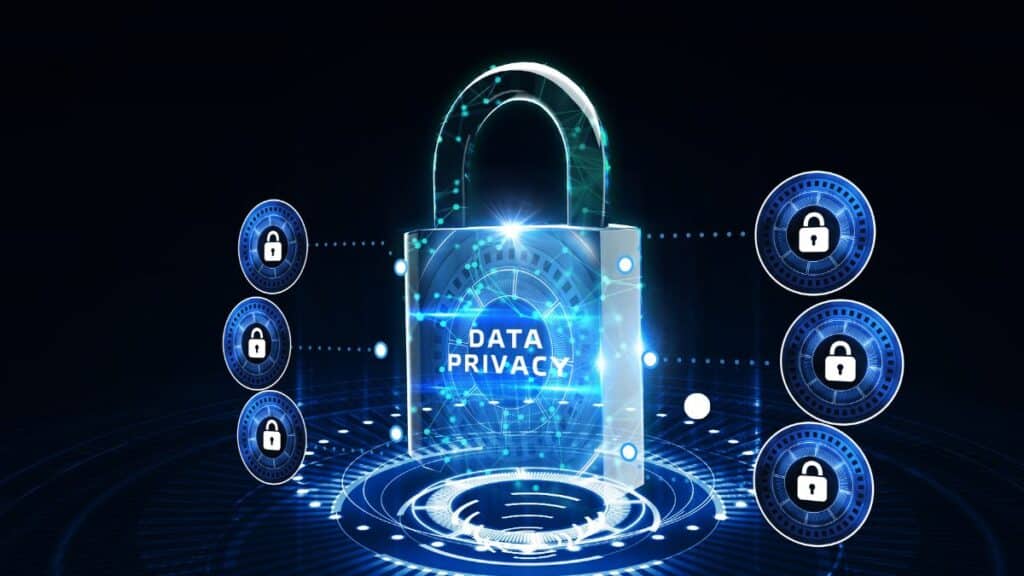
Despite the promises of innovation and convenience, rapid technological advancements pose significant risks to data privacy. Artificial intelligence, big data analytics, and the Internet of Things have led to unprecedented levels of data collection and analysis, raising concerns about surveillance, discrimination, and exploitation.
Case in Point: The Cambridge Analytica Scandal:
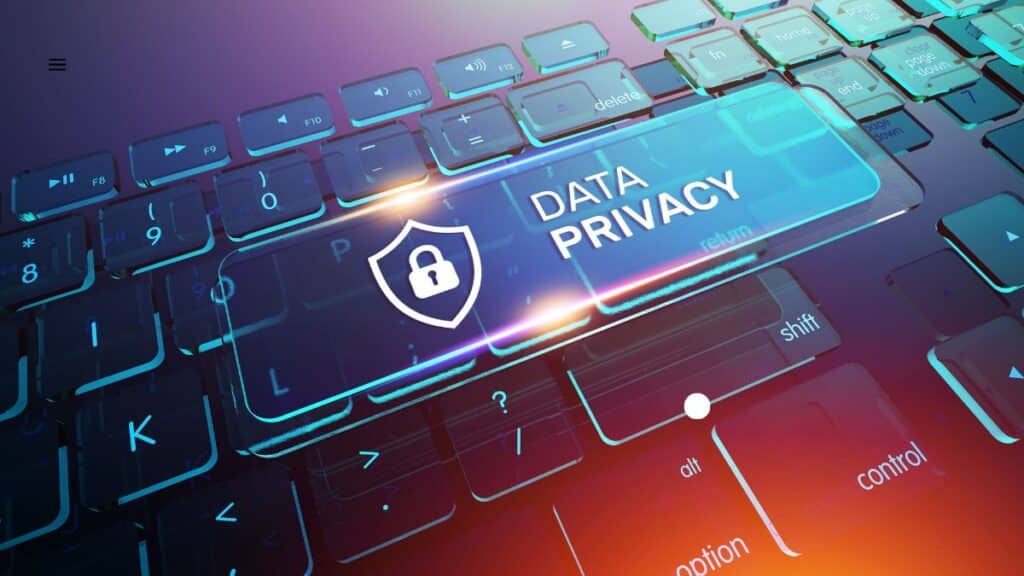
The Cambridge Analytica scandal serves as a stark reminder of the dangers of unchecked data exploitation. The unauthorized harvesting of personal data from millions of Facebook users for political profiling underscored the need for robust data privacy protections.
The Societal Impact:
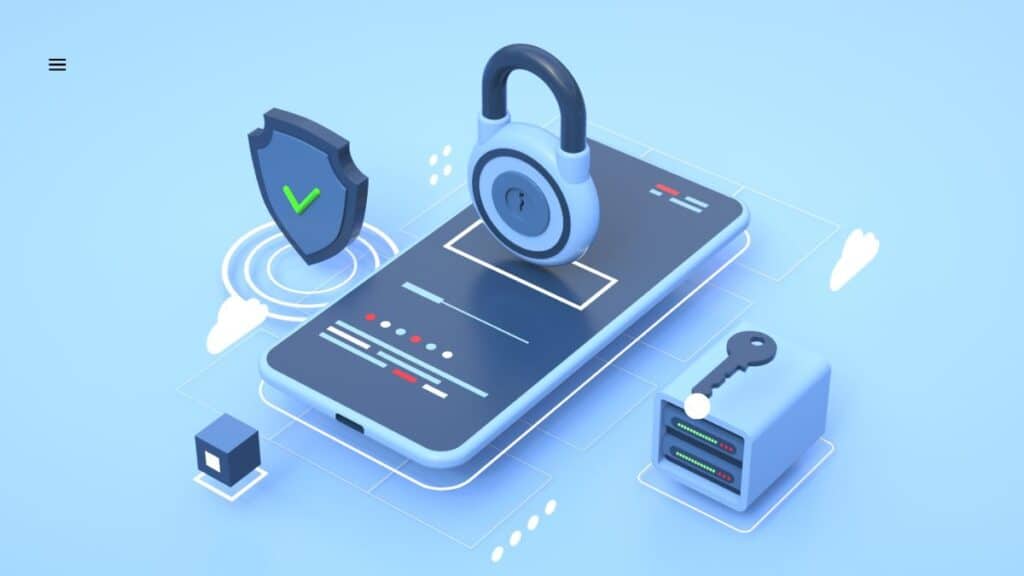
Privacy erosion can have far-reaching consequences, undermining trust in institutions, stifling free speech, and perpetuating inequalities. Vulnerable populations are particularly susceptible to privacy violations, exacerbating existing power differentials and marginalization.
Legal and Regulatory Responses:
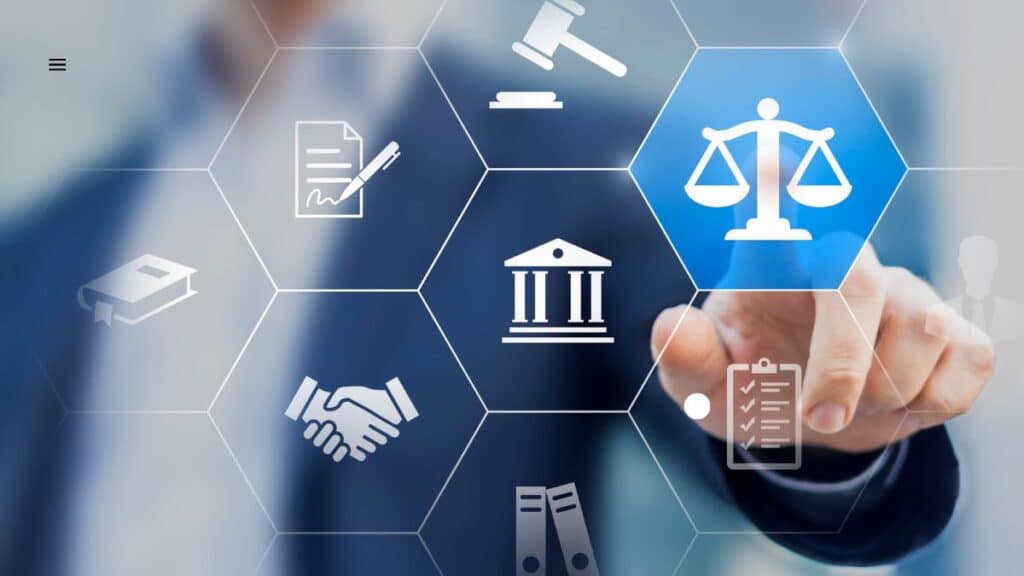
Governments and regulatory bodies worldwide are responding to these challenges with stringent data protection laws and frameworks. Initiatives like the GDPR, CCPA, and LGPD empower individuals with greater control over their personal data and hold organizations accountable for data handling practices.
Holistic Approaches to Data Privacy:

Addressing data privacy challenges requires a multifaceted approach that goes beyond legal compliance. Technologies such as privacy by design, encryption, and decentralized data architectures can enhance data privacy without impeding innovation. Moreover, promoting privacy awareness and digital literacy is essential to empower individuals to protect their data effectively.
Conclusion: Data Privacy Is A Personal Right
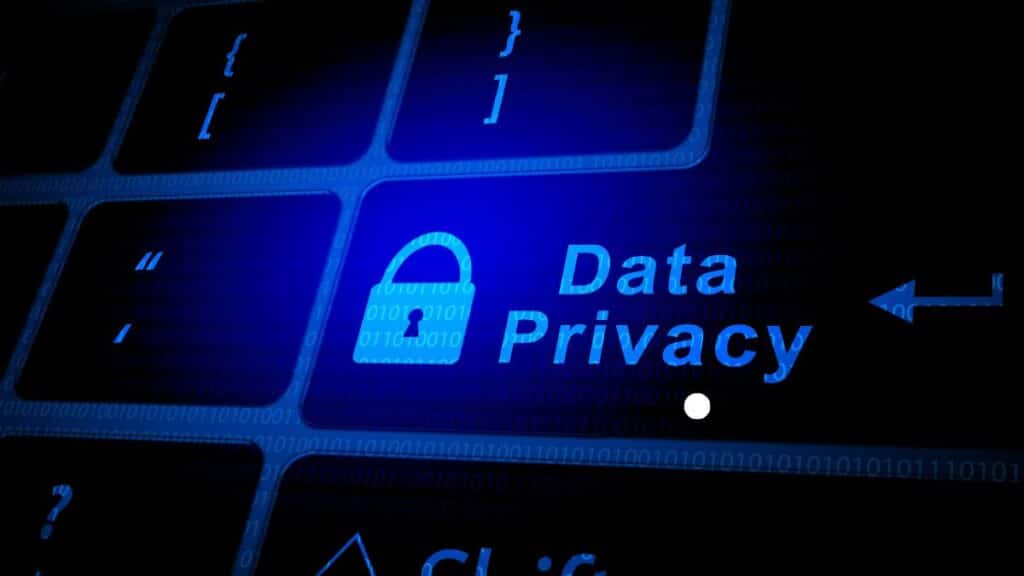
Safeguarding data privacy as a personal right demands collective action and unwavering commitment from all stakeholders. It is not merely a legal or technical matter but a moral imperative rooted in the principles of autonomy, dignity, and human rights. As we navigate the complexities of the digital age, let us uphold the sanctity of data privacy as a fundamental pillar of democracy, freedom, and human flourishing.
also read Cohesity to buy Veritas data security unit
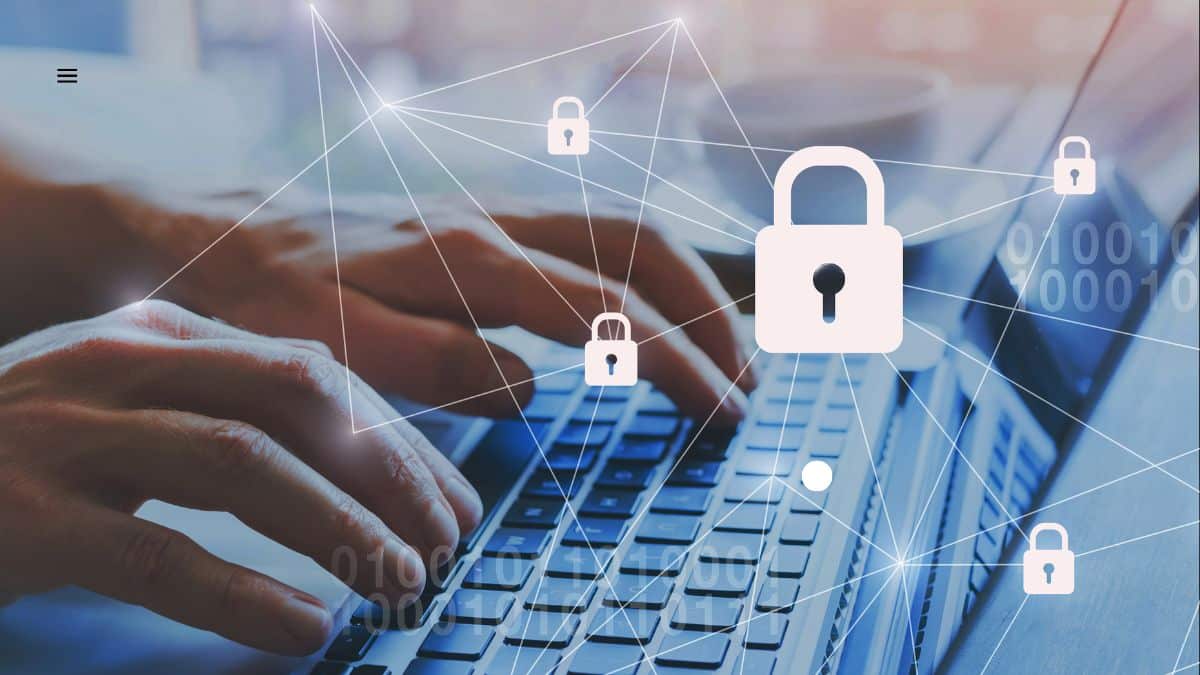




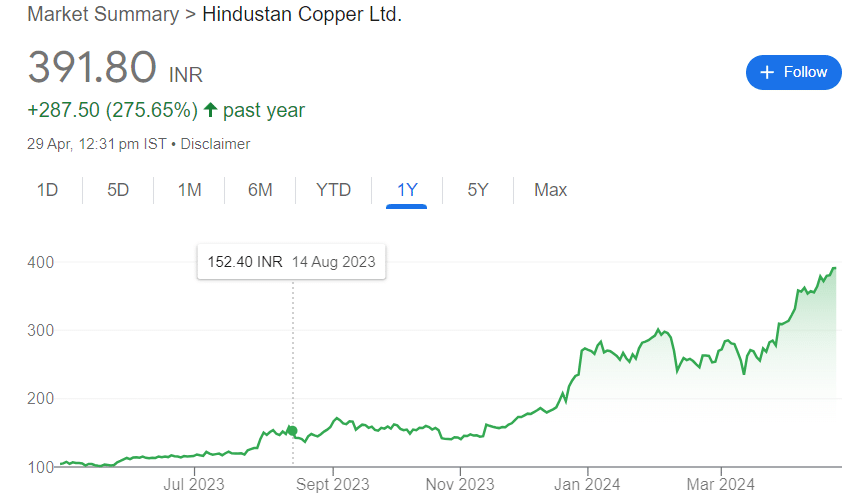





1 thought on “Why Data Privacy Is A Personal Right? A Fundamental Human Right in the Digital Age”
Comments are closed.